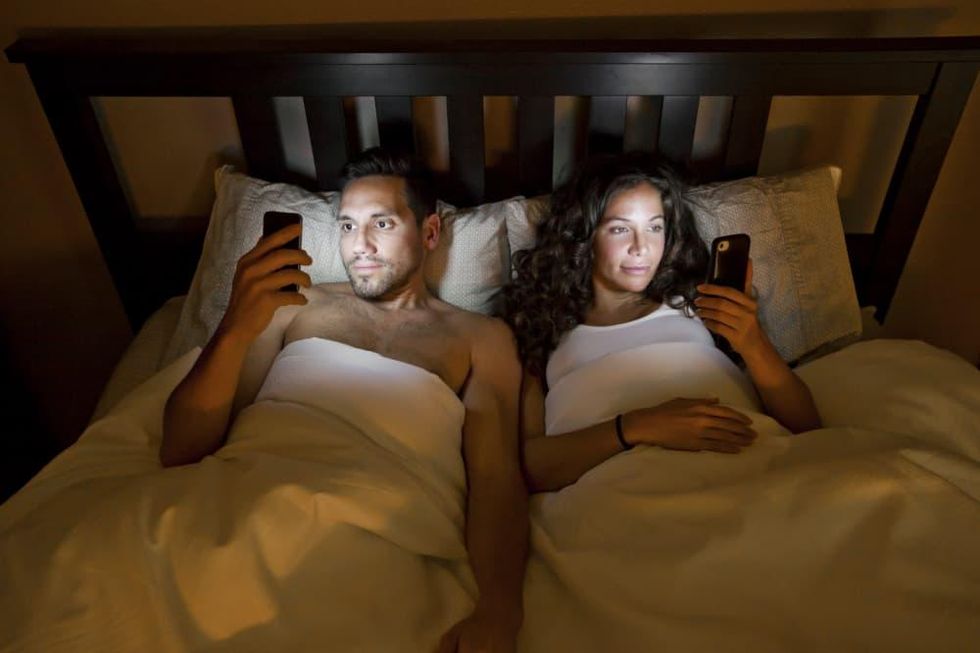Finding The Perfect Fit
Up all night? How to turn sleeplessness into sweet dreams the natural way
Your room is cool and the pillows are fluffed. You turned off the television, didn’t eat or drink anything before getting under the covers and yes, you are resisting the lure of your phone sitting on the night stand.
All of this and yet, you can’t sleep.
So, you try some mind-clearing meditation, flip to the cool side of the pillow and still, no sight of Mr. Sandman. When you do manage to finally fall asleep, it’s time to wake up and get going, but all you want to do is crawl back in bed.
It’s the same nightmare scenario on repeat day after day, and it’s leaving millions of Americans cranky, exhausted and unhealthy.
The Centers for Disease Control estimates that 50 to 70 million adults in the United States suffer from sleep or wakefulness disorder, a staggering number that leaves many Americans without the seven to eight hours of recommended sleep every night. And, adding insult to insomnia is the fact that women are twice as likely as men to suffer from insomnia.
It’s a national epidemic, but Steven F. Hotze, MD, founder and CEO of the Hotze Health & Wellness Center, has solutions for those yearning to get their sleeplessness back on track without addictive drugs.
The answers truly lie within you, and are directly connected to hormones. Dr. Hotze specializes in holistic medicine including bioidentical hormones and with a thorough evaluation, he and his medical staff can determine if hypothyroidism is causing your restless sleep.
Thyroid hormones improve the quality of sleep, allowing you to spend more time in deep phases of sleep, a necessity many women consider a luxury. The evaluation includes a medical history profile, physical examination, blood work and diagnostic testing.
“Most importantly, we take time to listen,” says Hotze. “By understanding what a person is experiencing, we can get to the root cause of the problem, rather than masking the symptoms with drugs.”
If insomnia is due to a thyroid disorder, Dr. Hotze prescribes a custom hormone treatment, specific to each patient’s needs. Even though poor nightly sleep is a widespread problem, each person is treated in a personalized way.
There are also other hormones to consider when treating sleeplessness. Progesterone has a natural sleep effect and low progesterone is a source of anxiety before going to sleep.
Estrogen deficiency can also contribute to bedtime discomfort causing night sweats and hot flashes. A cool room leads to a cool body, which in turn lulls you to sleep. The ideal room temperature is below 70 degrees.
In addition to addressing hormone imbalances, there are simple best practices you can implement to start sleeping soundly, even in the busiest of times.
Routine is important, so maintaining a consistent bedtime, even on the weekends when we are tempted to stay up later, can be helpful. Don’t push your workout to just before bedtime in hopes of exhausting yourself.
Dr. Hotze recommends daytime exercise and it’s also wise to avoid large late night meals. Passing on extra caffeine and alcohol in the evening is also a step in right direction.
Sweet dreams are within reach if you know where to look. Visit the Hotze Health & Wellness Center to explore more about sleep issues.

